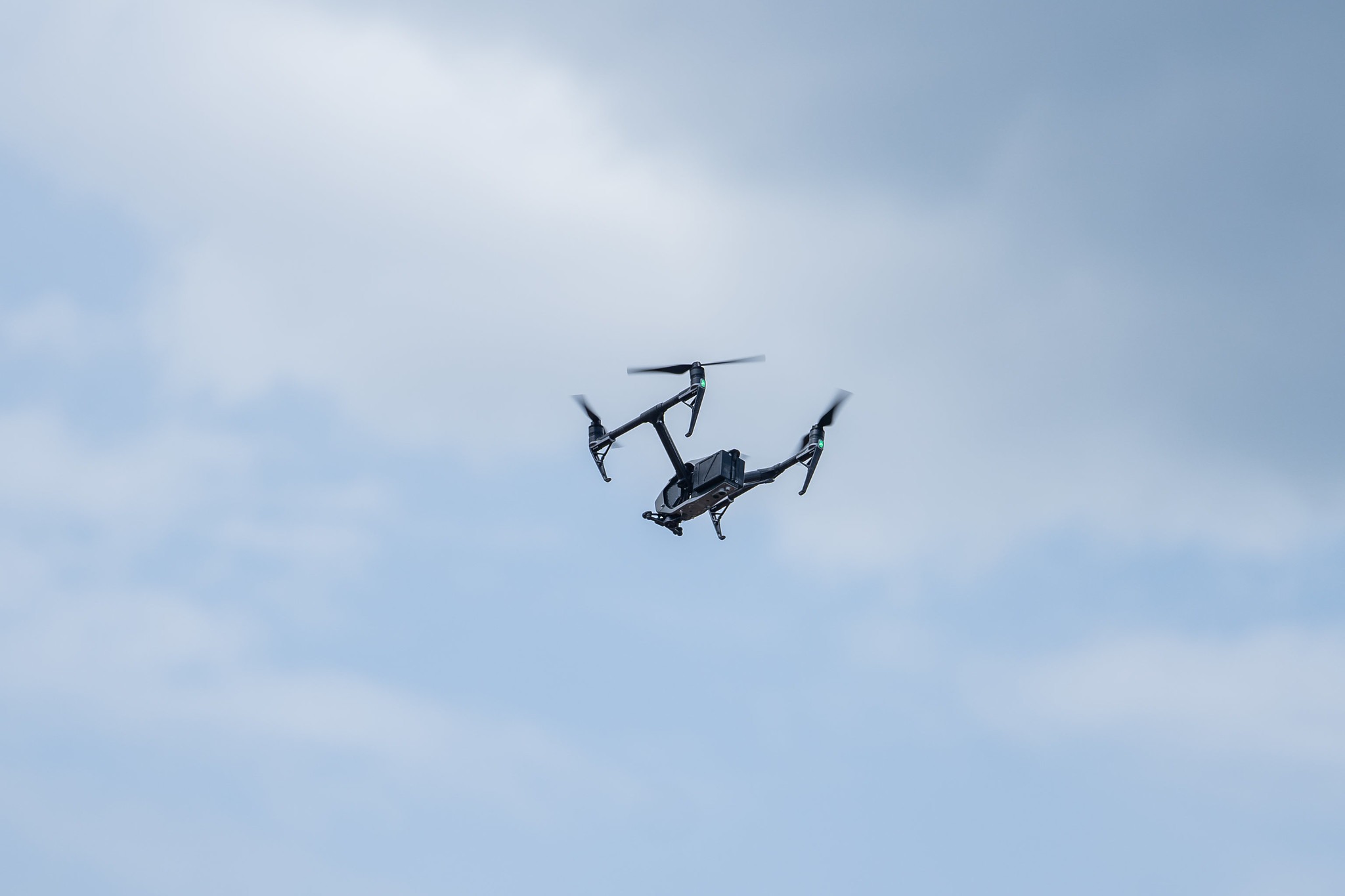
Main narratives:
- Questioning the country’s security;
- The incompetence of the current government
- General anti-government sentiments;
- The Conservative Party is to blame for everything bad in the country
Overview:
Over the past week, Kremlin-aligned media operating in Lithuania intensified efforts to discredit the country’s leadership by capitalizing on recent security and political developments. A key trigger was the drone that entered Lithuanian airspace from Belarus on Thursday. The uncrewed aerial vehicle, later confirmed by Defence Minister Dovilė Šakalienė to be a Russian-made Gerbera drone, crashed near the border, prompting a swift response from Lithuanian authorities. Although the drone was ultimately deemed non-lethal, its entry was treated as a serious provocation. Kremlin-linked outlets quickly mocked the incident, calling the drone a “cardboard airplane” and accusing the government of “panicking over children’s toys,” aiming to downplay the threat and erode trust in national defense.
In parallel, the conviction of former MP Kristijonas Bartoševičius (sentenced to 7 years for crimes against minors) was weaponized by malign media actors to intensify attacks on the conservative bloc. The case, though unrelated to politics, was reframed as proof of widespread pedophilia and moral collapse within this specific party and the ruling government in general. The goal was to paint the entire parliament (Seimas) as complicit in systemic abuse and various crimes.
These narratives were supported by broader attacks on politicians, including President Nausėda and ministers. Kremlin-aligned voices revived COVID-19 disinformation, rhetorically asking whether leaders would “answer for pandemic crimes,” framing health restrictions as authoritarian overreach. By linking current events to emotionally charged issues like personal freedoms and public trust, these outlets sought to deepen polarization and weaken confidence in Lithuania’s democratic institutions.









